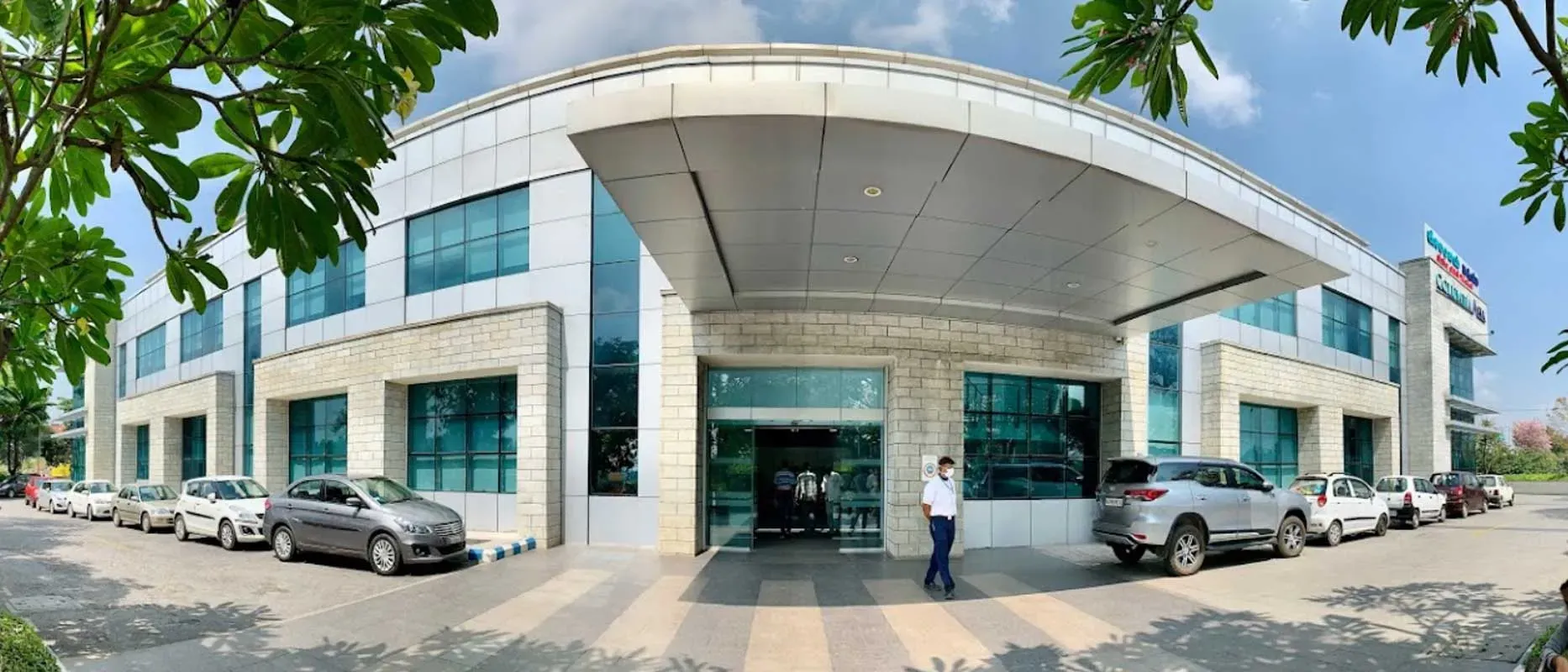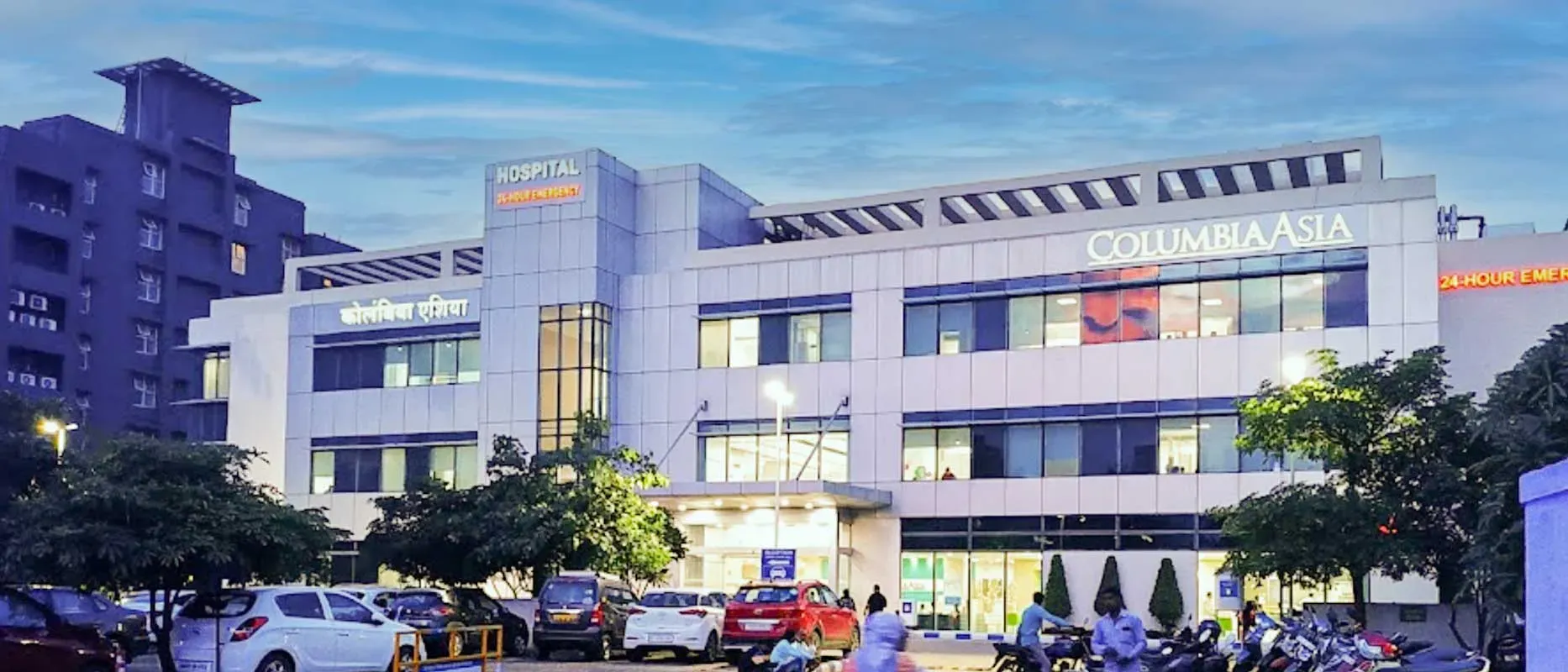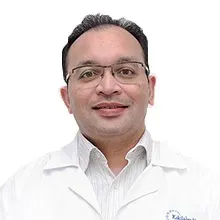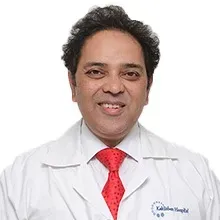Overview of
Types of
Diagnosis of
Symptoms and Risk factors
Top Hospitals for in India
Shaping the future of the healthcare institution and establishing the path to accomplishment.
Top Doctors for in India
Empower your Health with the Expertise of Leading Medical Professionals.
Dr. Suresh H Advani
Department of Medical Oncology
Sr Consultant
Book Appointment
Dr. Sameer A. Tulpule
Department of Bone Marrow Transplant, Medical Oncology & Hematology
Consultant
Book Appointment
Dr. Kapil Vidyarthi
Department of Radiology & Pediatrics
Senior Consultant
Book Appointment
Treatment Costs for
Be the change and be an opportunist in transforming healthcare.
How it's Works
Guiding your Journey from Discovery to Treatment Planning and Beyond.
Discovery
Get a consultation to discover about your treatment
Pre-Treatment
Admission to the best hospital and all pre-treatment facilities
Post Treatment
Get post-treatment follow-up care with medicine fulfillment
Treatment Planning
Hassle-free treatment planning with package & cost estimations
in-treatment
world-class quality procedures and equipment for treatment


























